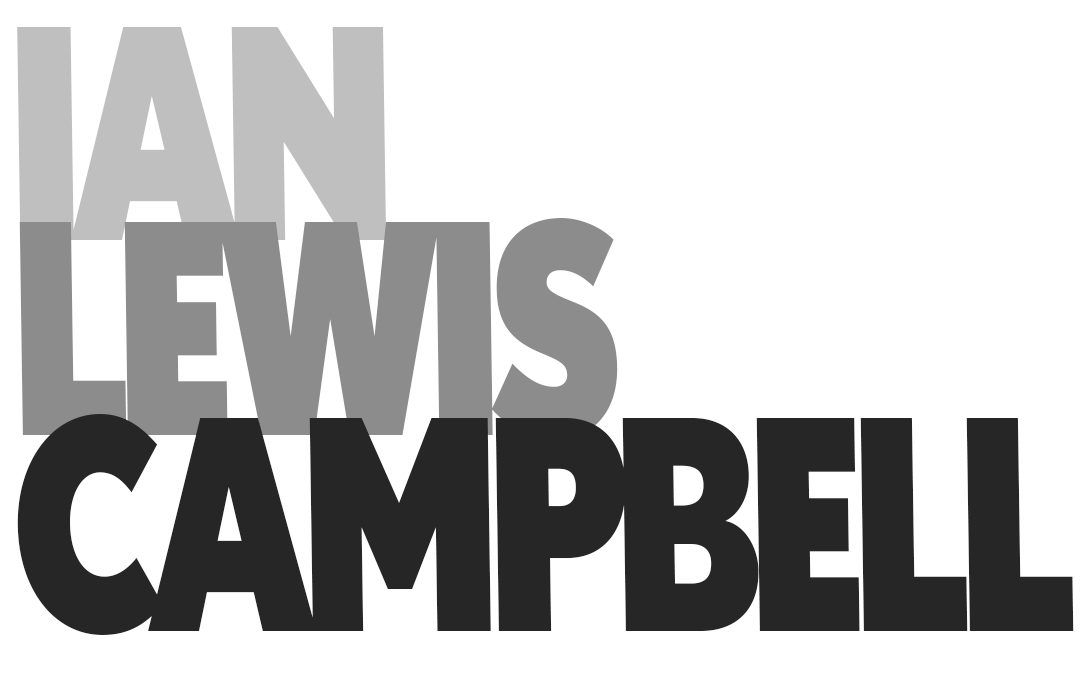What Is The Point
Of Creativity
An argument for process
So what is the point of creativity? Why do we do it? Why write about it? In an era of on-demand work, performance marketing, and AI seemingly devaluing our entire field, how do creatives stay engaged and meaningful? Can we find creativity within the machine?
This isn't a new existential crisis. Photography once made painters question their art. From that question abstract and nonrepresentational art was created. The printing press challenged writers and scribes. Now writers publish on every possible platform and ideas reach the world in seconds. Each technological leap forces creatives to reassess their value. Now AI points its questioning lens at our entire field.
There was once a popular narrative in opinion columns: the artistic world was being poached of talent by marketing. Brilliant creators who should have been enriching high culture were being lured into advertising by compelling salaries, free lunches, and social work. While this was largely untrue – a classic Buzzfeed-era first-world problem – the underlying question remains relevant: What about the work done in marketing and advertising is unique, pure, and connected to that original creative impulse? Why would the artist leave the studio for the open office?
The reason is certainly not in the current deliverables. No one dreams of banner ads or corporate YouTube content. Brands are commodities, with executives viewing them as retirement vehicles rather than creative canvases. This mirrors the art world, where collection and valuation often divorce themselves from the creative process. A masterpiece that once required years can now be produced in moments if done within the right context – just ask Banksy. Or pieces that take great effort are derided for they’re meaningless – just as Kincaid.
What remains for us – those who do this work and remember our original creative intent – is the process. The outcome will always fall short of our Platonic ideal. Nothing done for a corporation can be a purely personal statement; that's not in the brief. Our job is to redirect consumer attention from one product to another. Full stop.
But this limitation makes process the only part truly ours – something we can learn from and personalize. We often focus on what we're creating for, but in reality, we're creating with, through, from, and to. Each of these prepositions carries more dynamism than the final product. The art of creative development is about finding a tangled path to an idea that happens to meet the brief. The final product becomes a vehicle for creativity, not the other way around.
This perspective keeps us engaged. Consider a simple brief: fill a box with a message about Product X whitening the whitest whites. Our task is making that box alive with something more than a slogan. It could become a box of clouds, cotton, emptiness, dreams, crayons, or kittens – each possibility representing a unique process that is both means and end.
In this space, we are forever both students and experts. In the minutiae, we exist as experimenters and explorers. We're making new ways to interact with the world using elementary particles, like pulling new physics from old physics – but with the freedom to break rules without consequences.
The point of creativity, then, is the process itself, not the end product. If the end were all that mattered, we'd simply be manufacturers, creating widgets for marketing. Few of us entered this industry for that reason. We're here for the engaging turns and unknown aspects of creation. And just like those artists supposedly leaving galleries for advertising firms, we enjoy doing it collaboratively, over drinks and chips.
POINT /ðə pɔɪnt/ noun
1. A reason wrapped in narrative
2. A grand statement of purpose
3. The supposed finality of rationale
4. (dialectic) A thesis meant to be unchanging yet perpetually in flux
CREATIVITY /ˌkriːeɪˈtɪvɪti/ noun
1. The act of bringing forth new forms from disparate pieces
2. A process of transcending what exists
3. (distinct from) Creation ex nihilo, which belongs to magic
4. The ability to synthesize novel meaning from existing elements
5. (process) The continuous act of redefining what is possible
SEE ALSO: imagination, synthesis, metamorphosis
PROCESS /ˈprəʊses/ noun
1. The means that simultaneously serves as the end
2. (creative arts) The tangled path between inception and completion
3. The only part of creative work that remains truly personal
4. A series of experimental interactions that transcend the brief
5. (marketing) The act of finding newness within constraints
verb
1. To engage in creative exploration without predetermined outcomes
2. To transform elementary particles of ideas into novel forms
3. (colloq.) "To pull new physics from old physics"
ETYMOLOGY: From Latin 'processus' (going forward). In creative contexts, evolved to mean the dynamic journey of ideation rather than merely progress toward completion.
SEE ALSO: experimentation, development, exploration
ANTONYMS: manufacturing, widget-making, pure production
CULTURAL NOTE: Often enjoyed "collaboratively, over drinks and chips”


